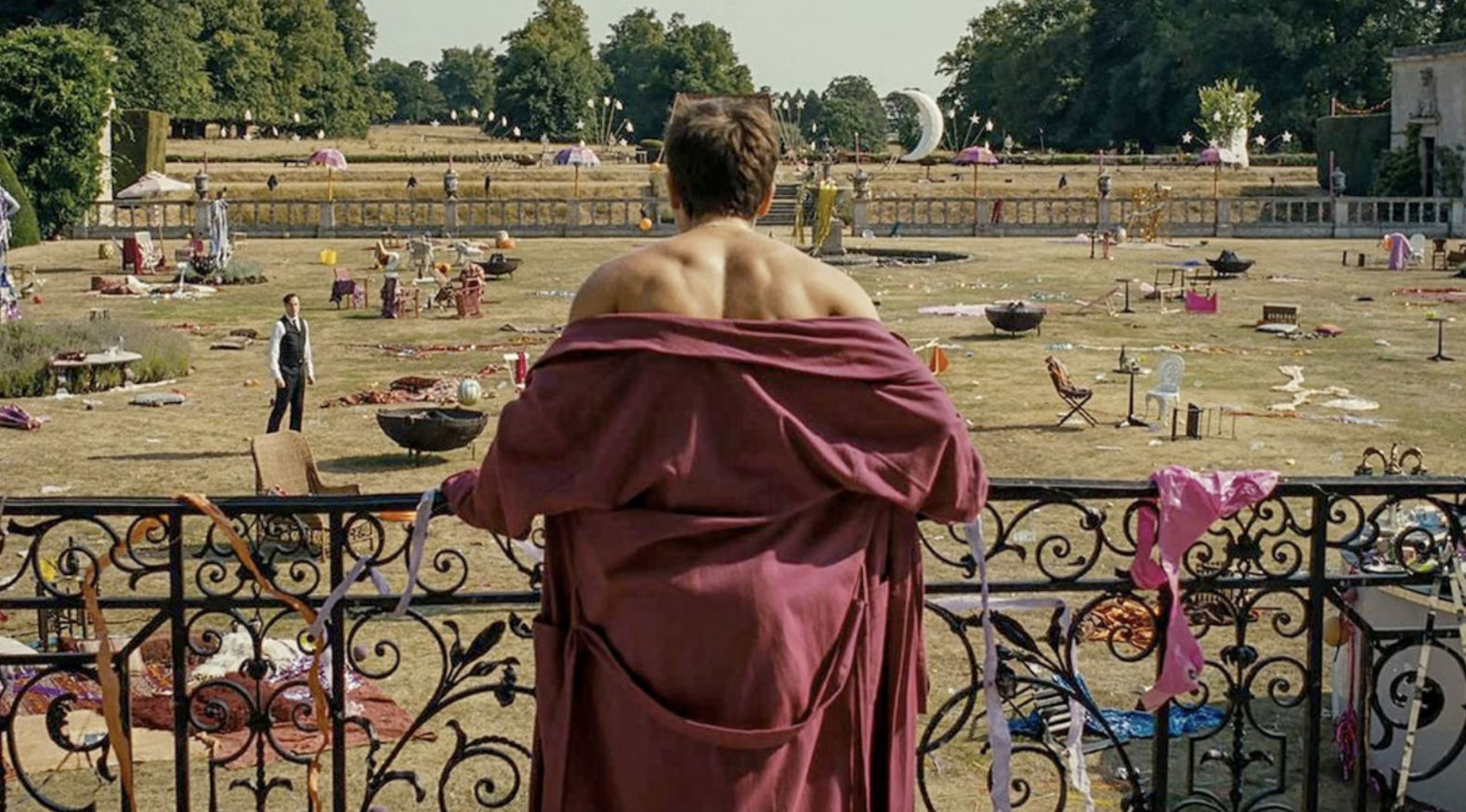For the kids that were brought up on Wild Child, Skins and A Series Of Unfortunate Events, our film of the year has finally arrived. Saltburn is a tale of tragedy that will keep you on your toes like never before.
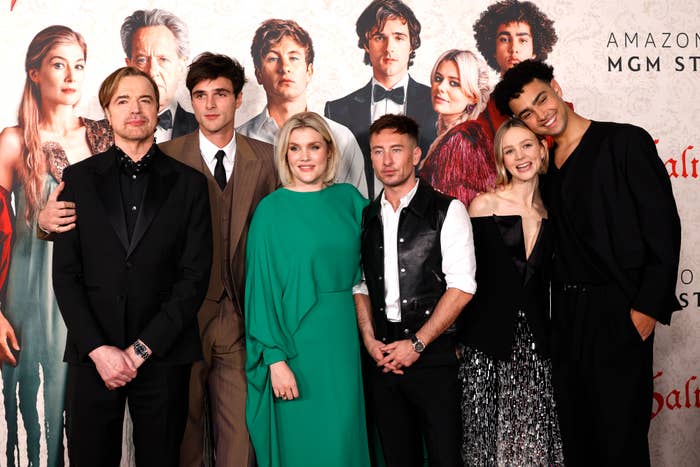
Penned and directed by the brilliance that is Emerald Fennell, we had the opportunity to sit down and tap into incredible minds and discuss some of the choices made within the film.
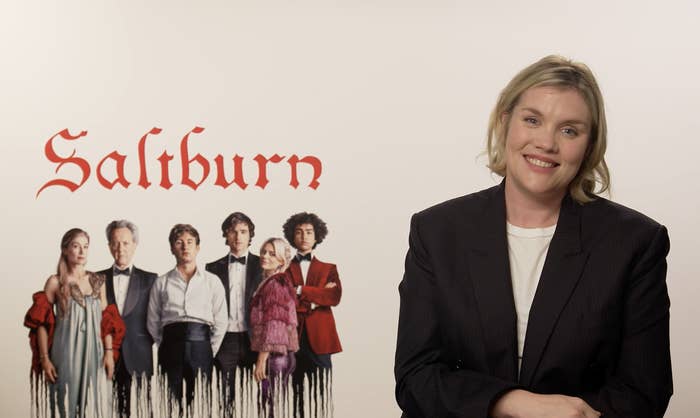
Firstly I want to say congratulations on the film, it is my favourite film of the year and I can't stop talking about it.
THANK YOU! Haha
The film begins at Oxford University and I know you went to Oxford University around that time. How much of it was based on your uni experience?
I mean, the vomit in the sink is really down to the last chunk, personally inspired. I think it's all kind of in there isn't it? The thing that I like to do is take these timeless places like the Saltburn country house or Oxford, which always seem so timeless and posh, but the actual experience of being there is that everyone's room is disgusting, everything smells weird and everyone's wearing a Juicy Couture tracksuit. I was there in 2006, 2007, which is when this film was set. So it was incredibly fun to be able to kind of get the sticky floor down to the perfect consistency.
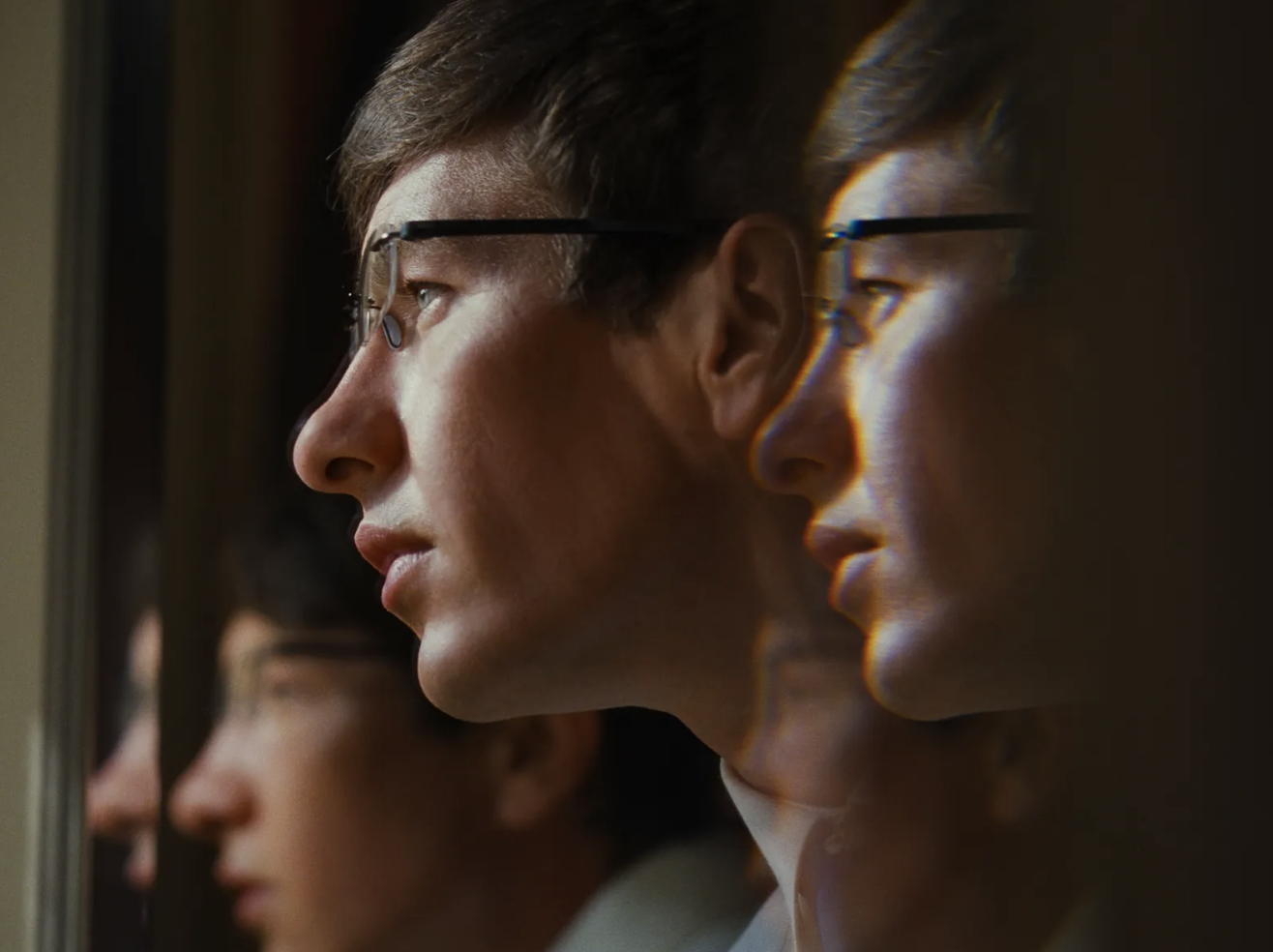
Your last feature, Promising Young Woman, also had affiliations with the early 2000s as I can remember clearly in the soundtrack. What is it about that time period and your projects?
You know, I really don't know. For this film, it's interesting because it takes its inspiration from the Gothic tradition. All of those traditionally start with a narrator telling the audience or the reader about a time that completely destroyed their life in a way they couldn't get back from. So I always knew that it needed to be in the recent past. And what was so great about 2007 being 15 years ago is that nothing seems cool. Wherever you are in time, 15 years ago looks so bleak.
A huge amount of this film was about humanising these incredibly inhumanly beautiful, rich characters and reminding us all that even if you were the richest person in the world or the most beautiful person in the world, you still had a bad St. Tropez tan, terrible extensions and really bad dye job. Or better yet, you had a cringe carpe diem tattoo and you were wearing a live-stong bracelet.
So much of it was about that constant tension between the timelessness and the timely. I felt like too far in the past, even Y2K is so far back that it feels trendy again, and would be difficult to satirize. You need a little bit of distance for it to work. So that's the reasoning behind 2007 and it doesn't hurt that the music is just so good.
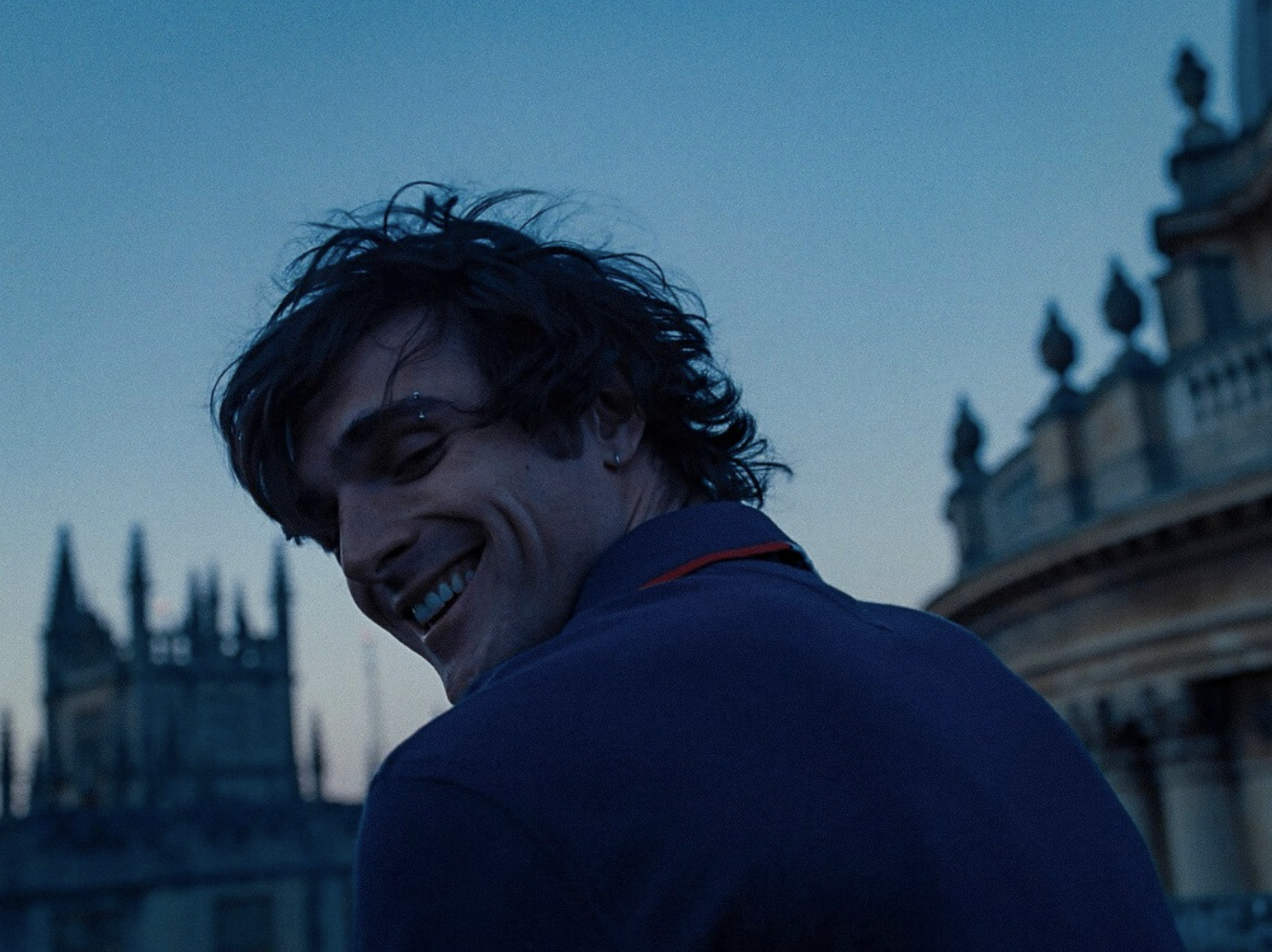
*Spoiler Alert*
I have to ask about THAT graveyard scene. There was definitely a level of uncomfortability when watching that scene and it made me question what else could have been removed that we weren't privy to as we rarely see the whole cut. What other scenes of that level were removed from the final cut?
Firstly, that's a really interesting question because nothing was taken out. Everything that is in the film, everything that is at its most sort of complicated and transgressive is in the film because it's supposed to be. It wasn't about what I as a filmmaker could get away with or anything like that, it was much more about like, what felt true to the character and what felt true to the sort of gothic tradition and I'm always keen to remind people of that when they question it.
It is troubling, it's about grief. It is about the horror of grief and the horror of love. It comes directly from the Gothic tradition because there's a scene in Wuthering Heights, one of my favourite books of all time, where Heathcliff digs down to get to Cathy's coffin and the subtext is very much to do a similar thing. So what we have in the film is not completely outlandish given the genre. So much of Oliver's desire cannot be sated, what he really wants it's not possible, and even in the end it's not possible. We have him getting a version of what he wants, but he's still alone, he's still there with the rocks and not the people. So it was really important for me that the scene held and was as long as it was. Obviously, there are a lot of questions about why didn't we cut here or there, but for me it's about sitting in the discomfort, sitting through the nervous laughter, through the horror, that's part of it. Why cut when we have it, why cut when we have an actor dedicated enough to make this as strange and devastating and intimate as it is? Why cut when you're seeing something you've never seen before that feels both horrifying and profoundly real in an awful way?
Everything I felt strongly about being in the movie is in the movie and to the studio's credit they let it be there. I always feel that the grave scene, and a lot of scenes in this movie, people will either profoundly get it and profoundly love it, or they really dislike it and they dislike it for lots of kind of interesting reasons too. However, I always think that scene or that shot, as it's a single shot over three minutes, is a shot that people will think about and remember and reference in years to come whether they like it now or not. I will always stand by it as being one of the best things about the film.
